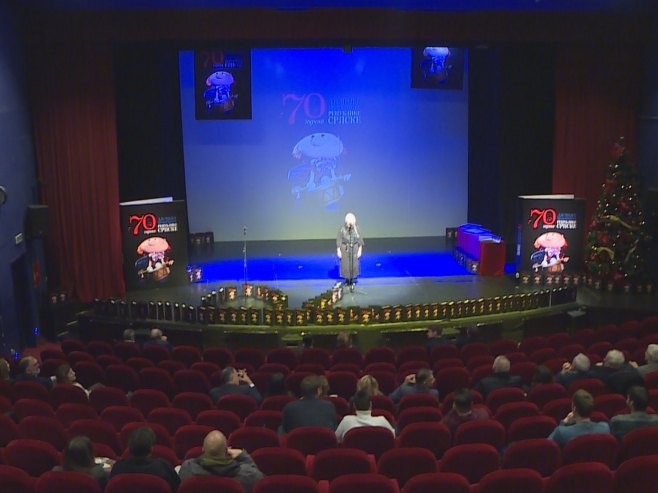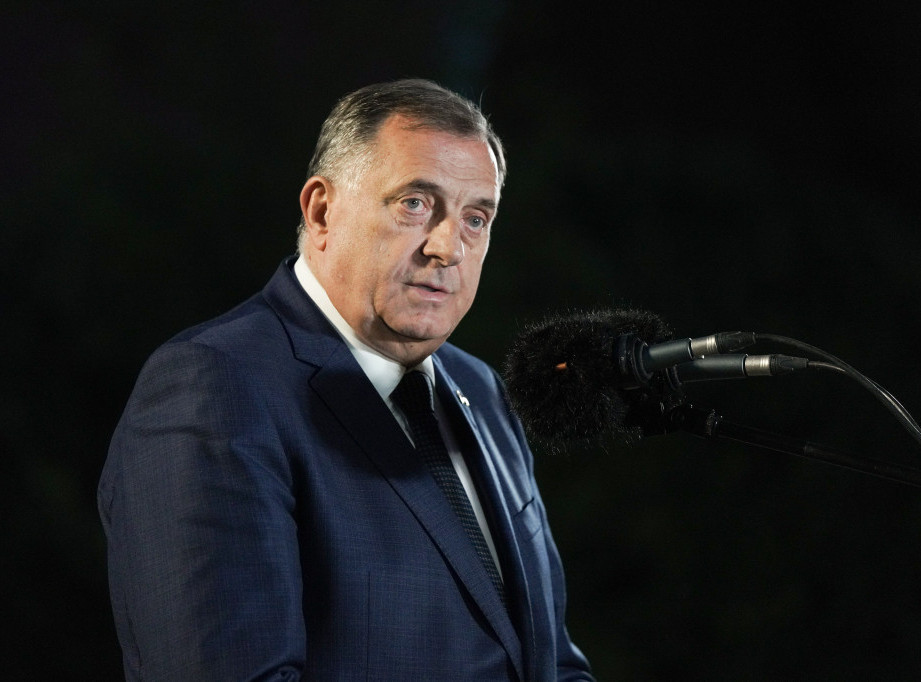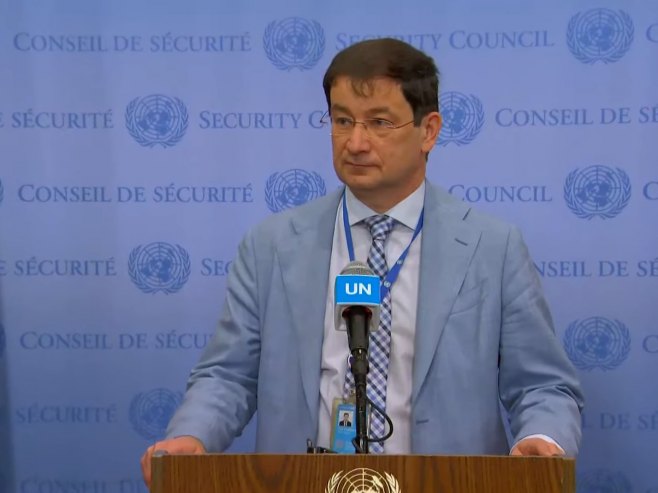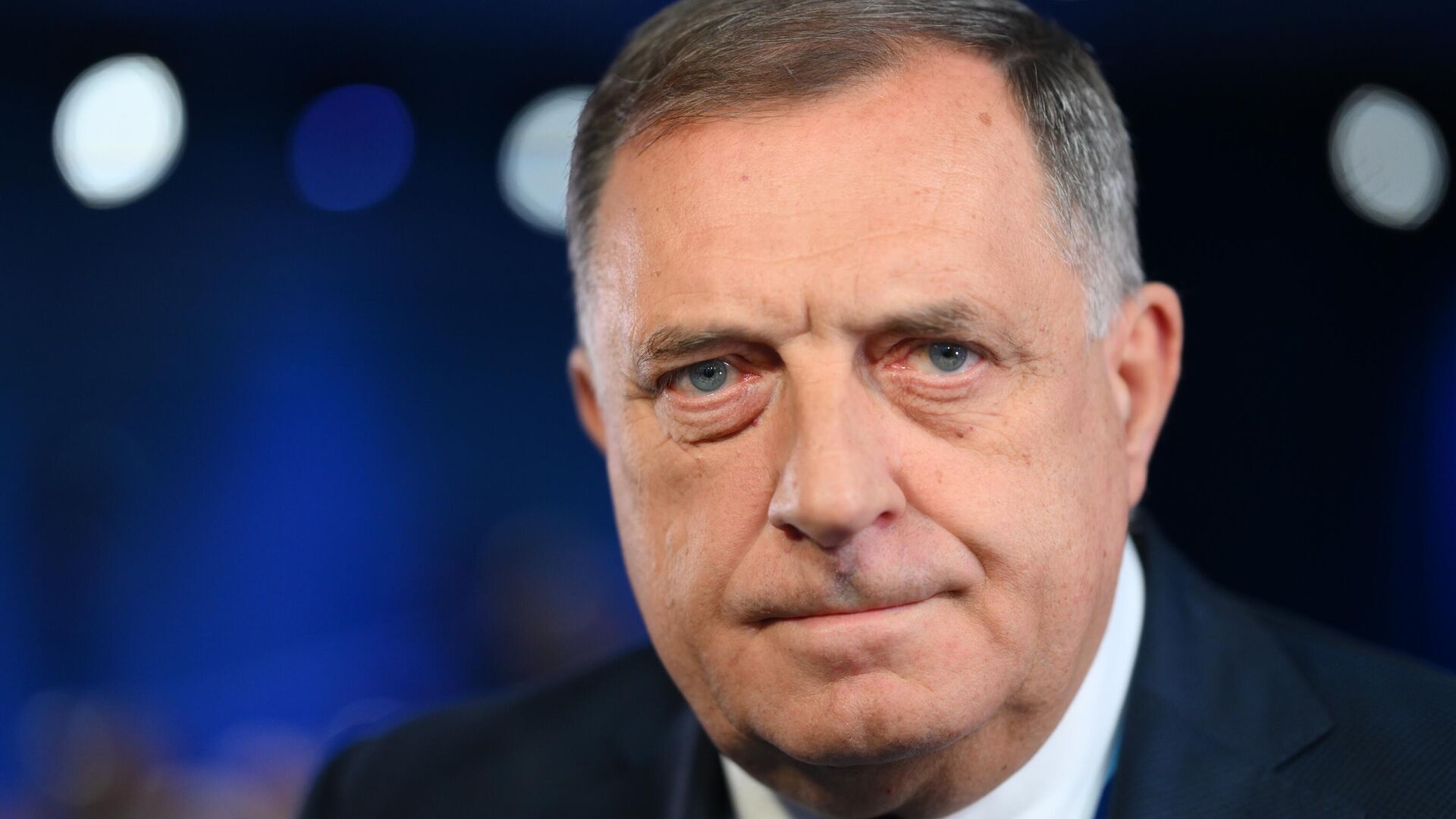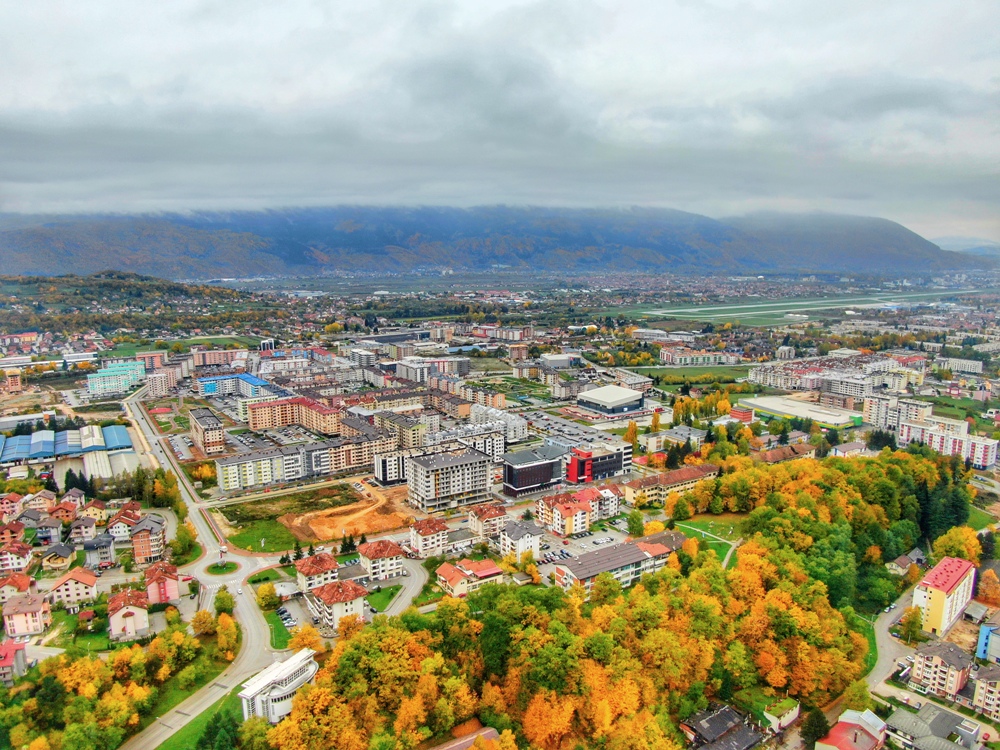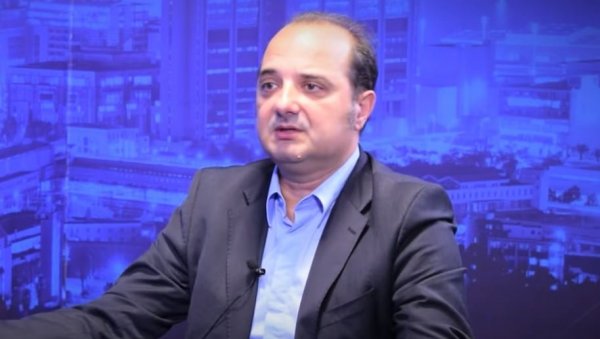The process against the President of the Republic is not a process against Milorad Dodik as it is portrayed, but against Republika Srpska, its institutions, and against the Dayton Agreement, it was stated at a panel discussion titled “The Trial Against the President of Srpska as the End of Bosnia and Herzegovina.”
A firm and clear response from Srpska is necessary, it was conveyed at the event, which was organized in Belgrade by the informational-political portals “All About Srpska” and “Facts,” and the Representation of Srpska in Serbia.
The trial against the President of Srpska and the controversial proposed resolution on Srebrenica are conscious steps towards destabilization and increased pressure, participants of the meeting assessed.
“The end of Bosnia and Herzegovina occurred at its inception; it is an artificial creation that survives only by foreign pressure as a protectorate, and its end, they say, is contributed to by the process against the President of Srpska.
“It was already the beginning of the end of Bosnia and Herzegovina merely by being initiated, because it is very clear—the President of Srpska is being put on trial for respecting the Constitution, and this is being done on behalf of someone who is a fake high representative,” said Aleksandar Pavić, a political scientist and member of the Serbian Assembly.
Milomir Stepić, a geopolitician, notes that it is clear to everyone that this is a trial against Republika Srpska.
“In fact, it’s about trying in every possible way—from Srebrenica to attempts to seize assets, and now pressure on its leading personality—to weaken Srpska, to make it meaningless, and to gradually extinguish it,” emphasizes Stepić.
Predrag Ćeranić, dean of the Faculty of Security Sciences in Banja Luka, stressed that this is a political process aimed at the political elimination of the President of Srpska, and, as he states, the derogation of the institutions of Srpska, for the war goals of Alija Izetbegović.
“The collective West has demonstrated that it is ready to use various forms of pressure to keep Bosnia and Herzegovina alive, but their actions have further weakened its foundations,” evaluates Aleksandar Vranješ, Ambassador of Bosnia and Herzegovina to Serbia.
“We see that they are indeed losing their patience with Srpska and with President Dodik. Murphy recently threatened President Dodik very sharply in a tweet a few days ago. There are no white gloves, this is not the Vienna Convention on Diplomatic Relations—this is colonial administration telling you to be ready to suffer,” said Vranješ.
Mlađen Cicović, head of the Representation of Republika Srpska in Serbia, states that defending the institution of the President of Srpska is indeed a defense of Srpska itself.
“And its constitutional position in the Dayton structure of Bosnia and Herzegovina and the Dayton Agreement as a premier international legal document, and in this, understanding, cooperation, consensus, unity, and solidarity of all Serbian political entities in Srpska are urgently needed,” highlighted Cicović.
The trial against the President of Srpska is the culmination of lawlessness and rigged political processes, on which the Serbian people have been tried throughout the 20th century, emphasizes historian Miloš Ković.
“Serbs are being tried for what Kočić called the idea of liberation and unification, that is, for that thirst for freedom, for not agreeing that instead of us, the fundamental decisions are made by the English, Germans, Americans,” explains Ković.
The political response of Srpska must be firm and clear—to resist pressures and legal violence means to preserve Srpska and the freedom of the Serb people in Bosnia and Herzegovina, which makes the popular gathering “Srpska Calls You” very significant, it was highlighted at the panel.
Source: RTRS
